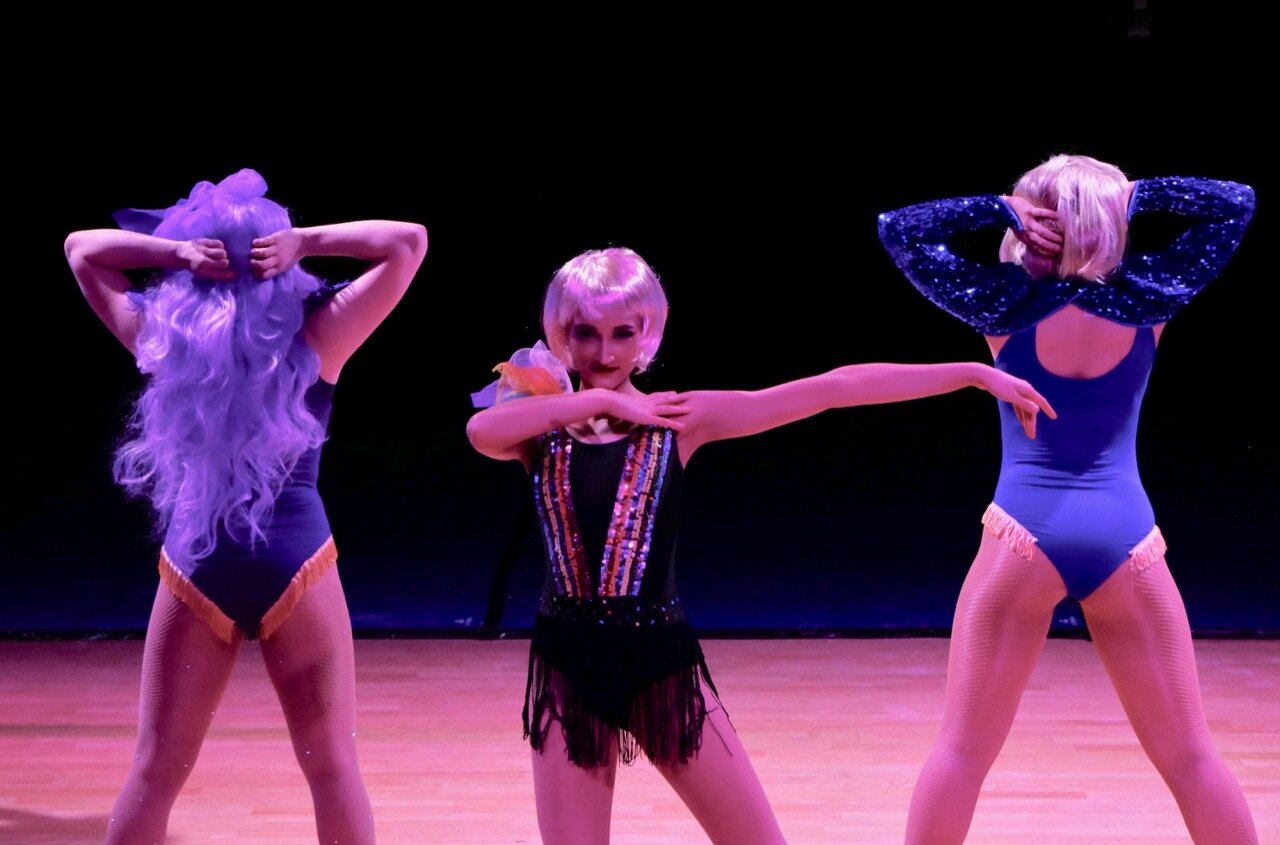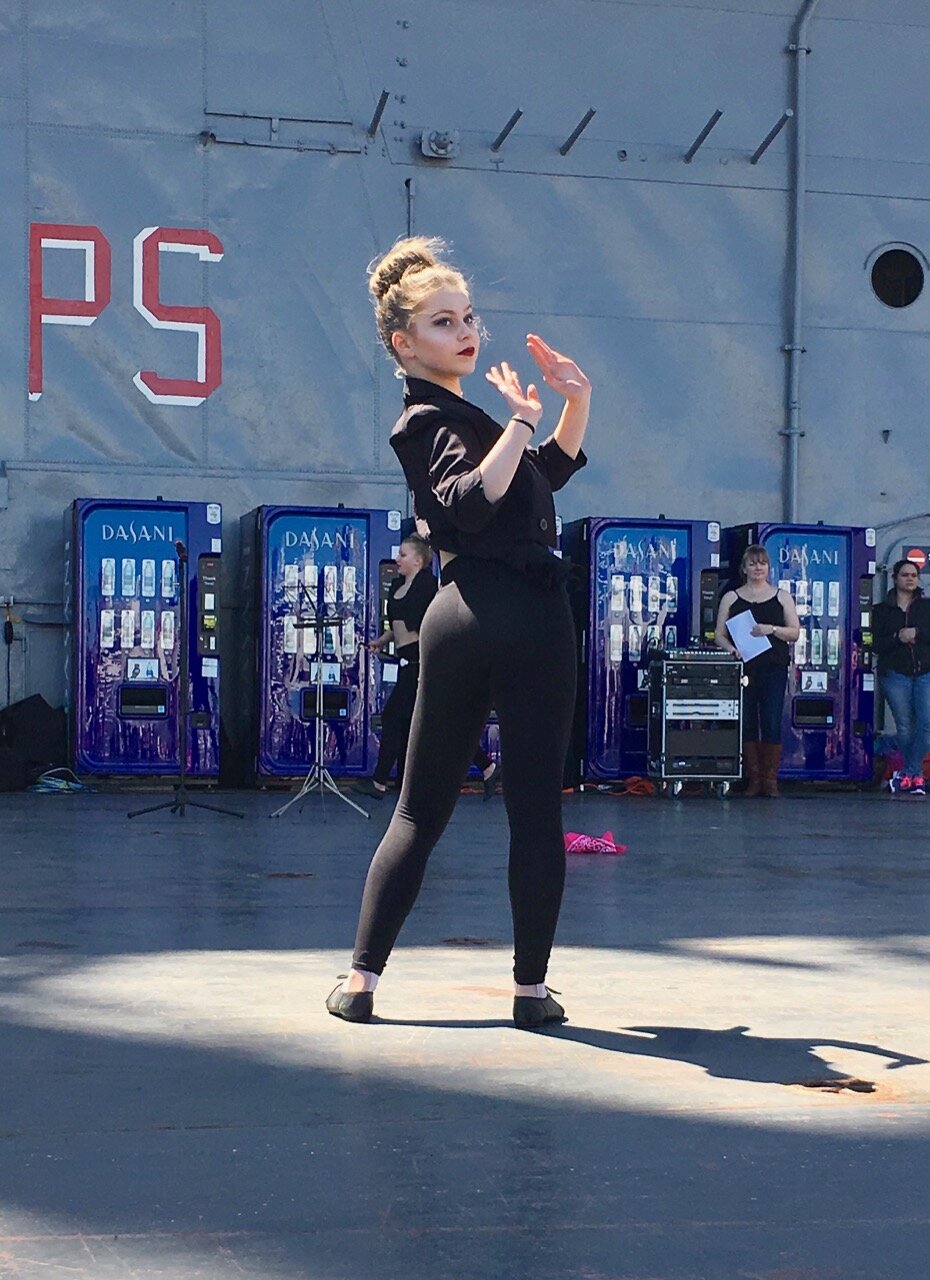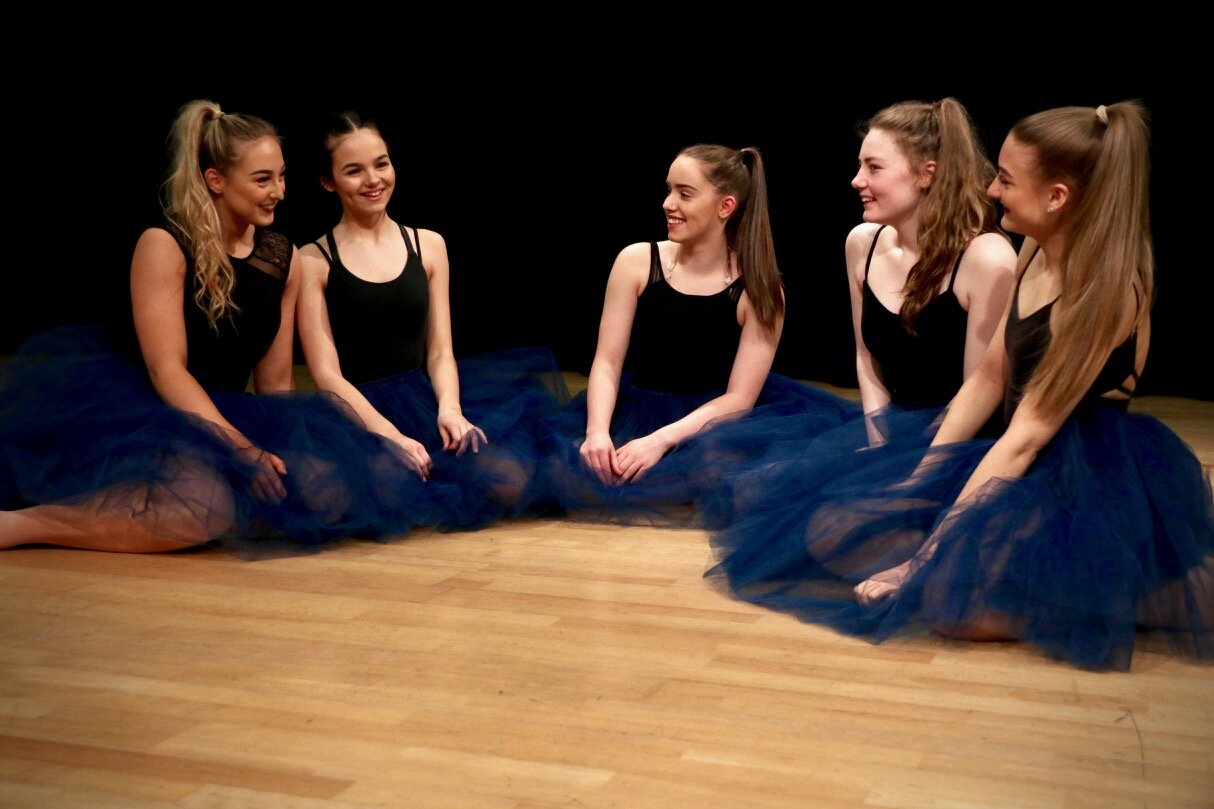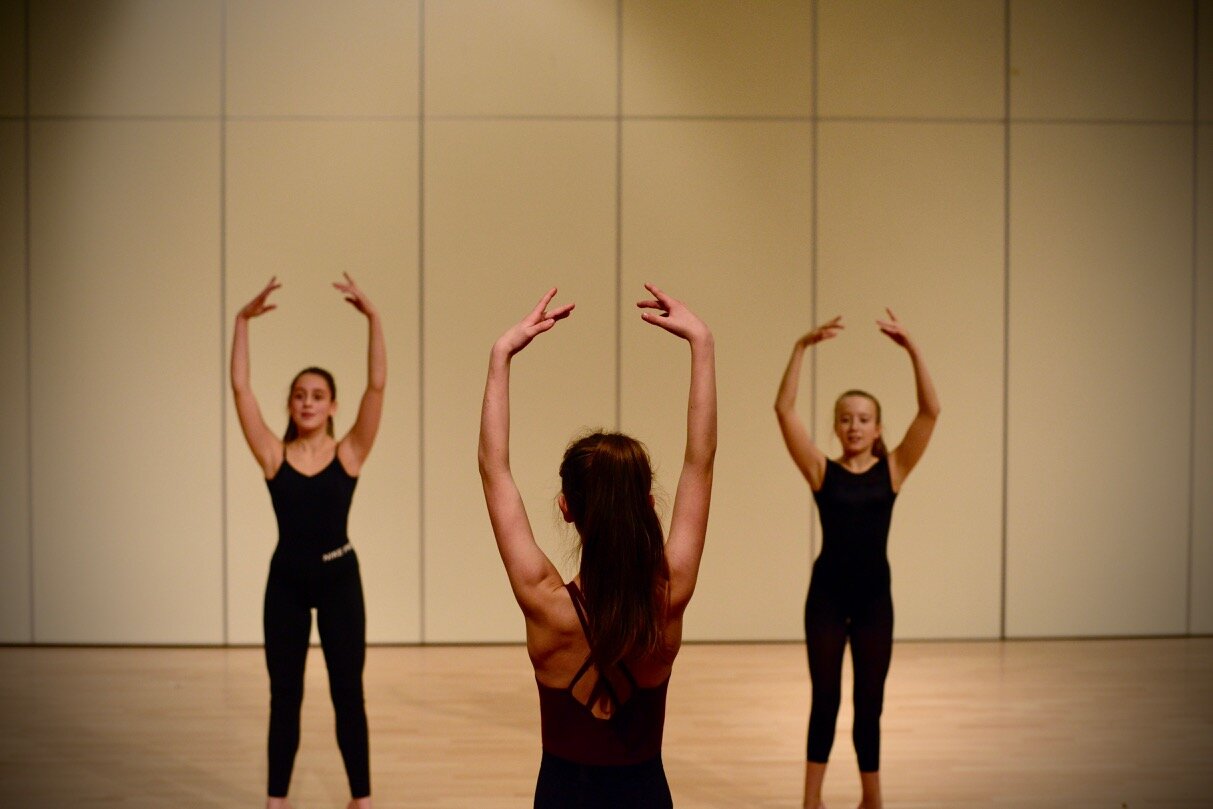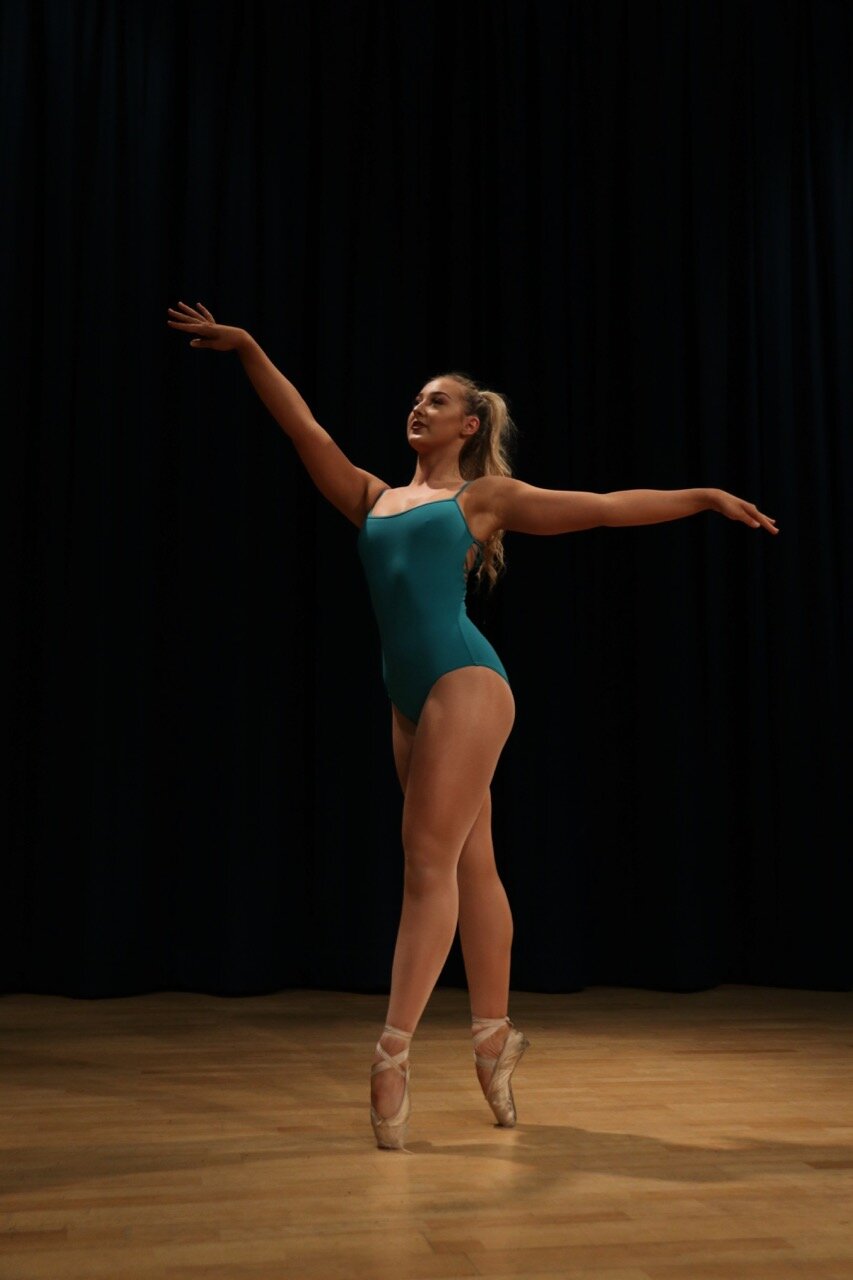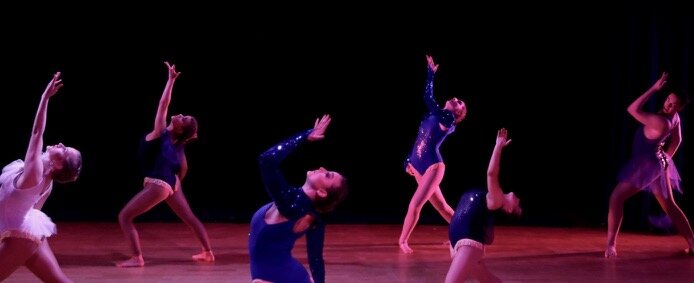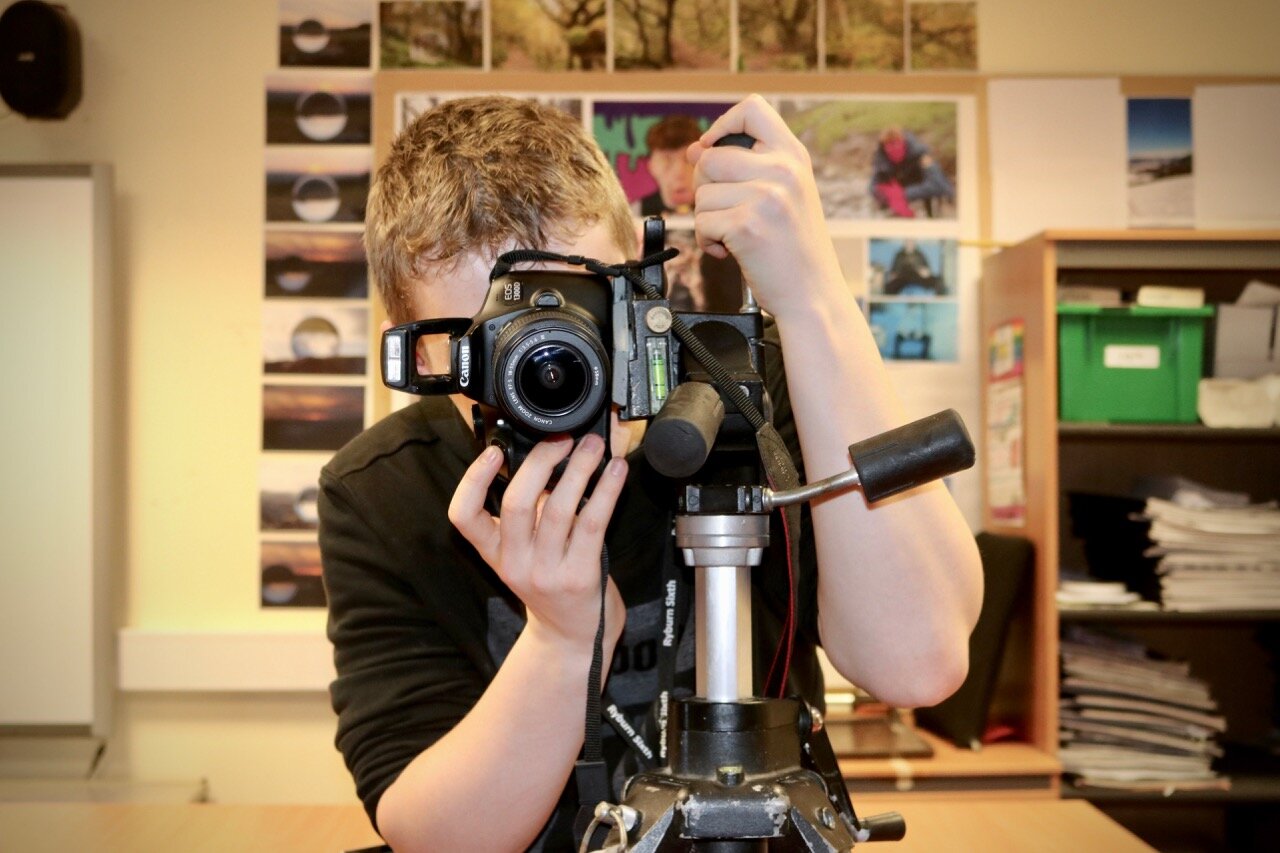Dance at Ryburn is one of our strengths. Our BTEC vocational course in Dance is an enjoyable and rewarding course for anyone with a passion for the subject.
HEAD OF DEPARTMENT:
Mrs S Attah
EXAMINATION BOARD:
PEARSON btec
LEVEL:
Level 2 TECH AWARD in Performing Arts - Dance Pathway
Website
Syllabus (PDF)
Course outline
The course is made up of 3 components with a mix of both theory and practical work, enabling the dancer to develop their technique, knowledge and understanding of Dance in the performing arts industry. Students study a variety of dance styles and explore set works as well as creating performances for different events. Staff have industry links and experience and, where possible, guest teachers deliver master-classes to enhance the student experience. Our dancers form a close knit and inclusive team, supporting each other to build skill, technique and confidence.
A love of dance and a willingness to try new styles and improve performance skills is required for this course.
“I love my dance lessons; it is such a special environment when you walk into the dance studio. You are made to feel really welcome, all the group gets on really well and we work hard in every lesson. I have learnt so many different dance styles and my dance technique and confidence have really developed.”
Watch our video for a flavour of what it’s like being a Dancer at Ryburn.
Assessment method
| Unit | % of Final Grade | Type of Assessment | Additional Details |
|---|---|---|---|
| Component 1 | 30% | Internal | Exploring Performing Arts |
| Component 2 | 30% | Internal | Developing Skills and Techniques |
| Component 3 | 40% | External | Performing to a Brief |
The future
After completing a BTEC Level 2 Tech Award, learners can go on to study RSL Level 3 Diploma in Creative and Performing Arts (Dance), A-level Dance or BTEC Courses. They may also decide to audition for full time dance schools/courses. Dance is not just for people who want to become dancers! It develops fantastic transferable skills including leadership, creativity, planning, resilience, teamwork and confidence.


